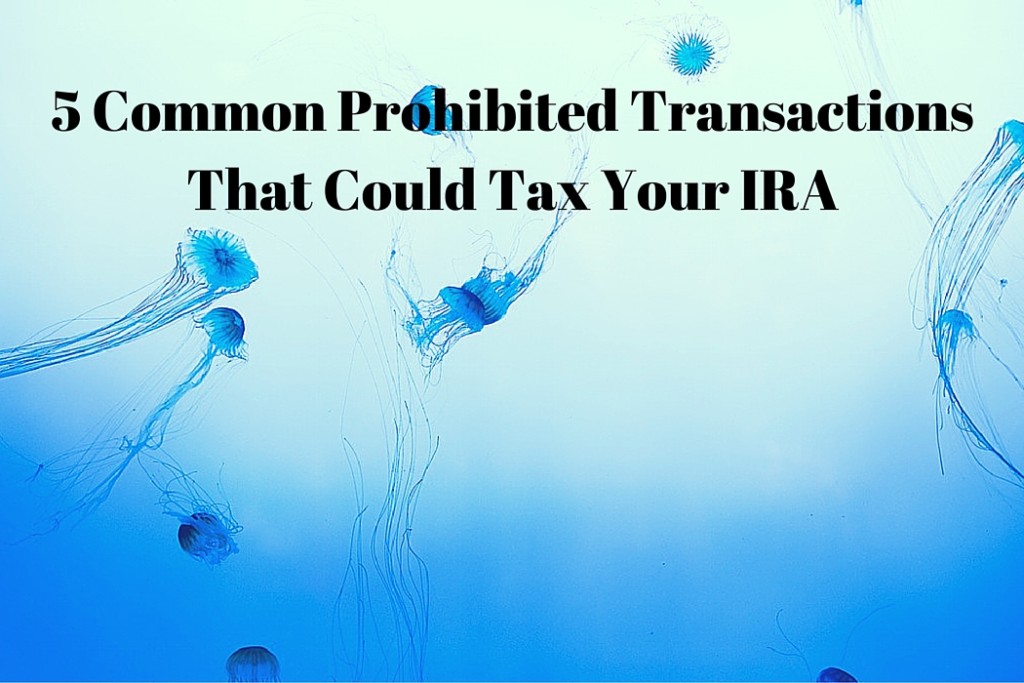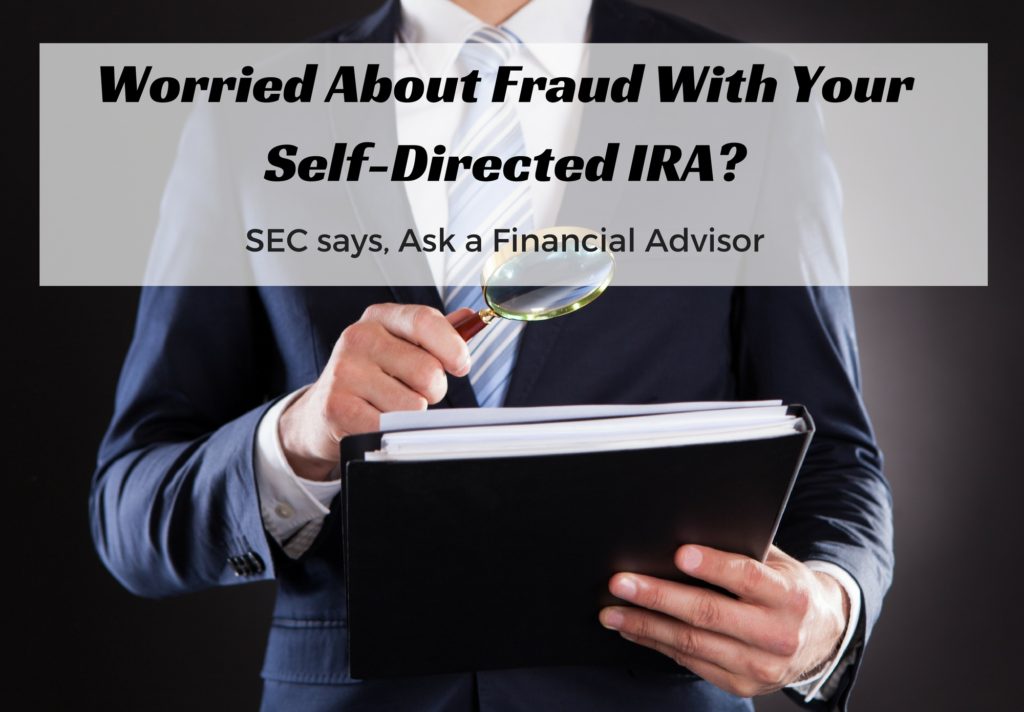5 Common IRA Prohibited Transactions That Could Tax You
If you are like most investors, you probably have not heard of prohibited transactions. Prohibited transactions specifically apply to retirement plans such as self-directed IRAs or 401ks. It is estimated that less than 80% of investors fully understand the flexibility that a self-directed IRA offers, so most IRA account holders won’t have reason to come into contact with this rule. If you do use your retirement plan to invest in alternative investments, then please keep reading.
What is a prohibited transaction?
A prohibited transaction can be described as an improper use of your IRA account assets by a disqualified person. The term prohibited transaction in this case applies to retirement plans such as a self-directed IRA, or 401(k) The IRS defines a prohibited transaction as:
5 Common IRA Prohibited Transactions That Could Tax You Read More »




